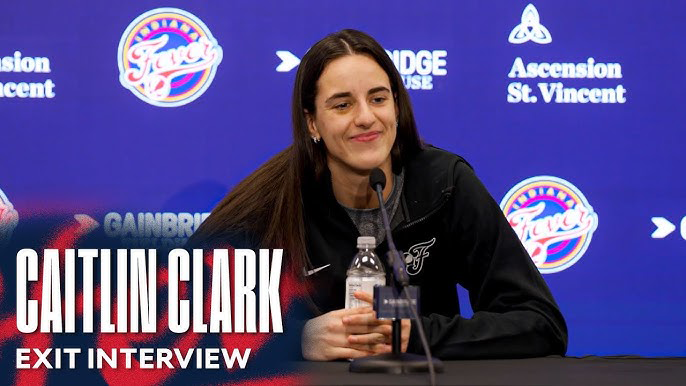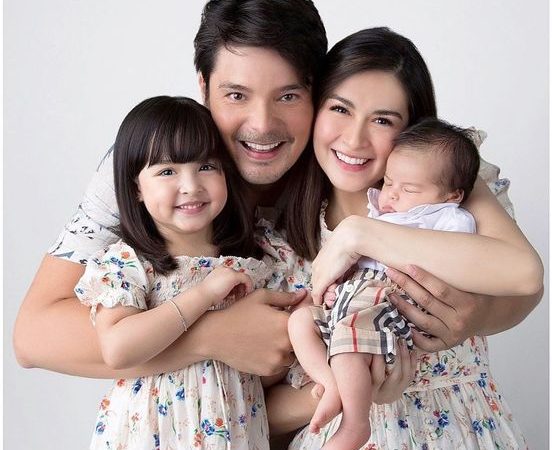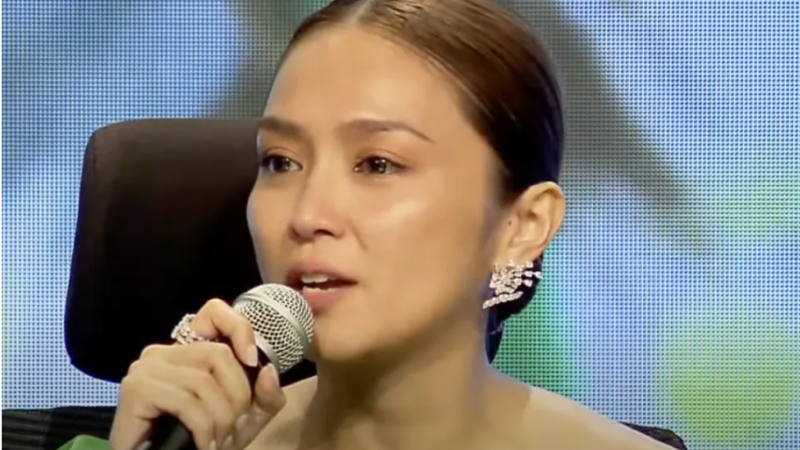Caitlin Clark Responds to Alleged Racism from Fans: ‘Those Aren’t Fans. Those Are Trolls.’

In the world of sports, where emotions run high and rivalries are intense, athletes often face scrutiny and criticism from fans. Recently, Caitlin Clark, the Iowa basketball star and rising icon in women’s sports, found herself at the center of a heated discussion after facing alleged racist comments from a segment of fans. In a bold and unapologetic response, Clark stated, “Those aren’t fans. Those are trolls.” This powerful declaration not only highlights the challenges athletes face but also underscores the importance of addressing toxic behavior in sports culture.
Caitlin’s comments came in the wake of a significant game where her team faced off against a rival. While her performance was celebrated by many, a small group of individuals took to social media to express derogatory and racist sentiments directed at her. This type of behavior is not uncommon in the world of sports, where the anonymity of the internet can embolden individuals to express hateful thoughts without facing consequences. Caitlin’s decision to confront this behavior head-on demonstrates her commitment to standing against racism and advocating for a more inclusive environment in athletics.

Her statement, “Those aren’t fans. Those are trolls,” serves as a reminder that not all criticism stems from a place of support or love for the game. True fans uplift and encourage their teams, while trolls thrive on negativity and seek to undermine athletes. By distinguishing between genuine supporters and those who engage in harmful behavior, Caitlin emphasizes the need for accountability within the fan community. It’s essential for fans to recognize their influence and the impact their words can have on the athletes they claim to support.
Caitlin Clark has always been an outspoken advocate for equality and justice in sports. Throughout her career, she has used her platform to raise awareness about various social issues, including gender equality and representation in athletics. Her latest comments regarding the racist remarks only further solidify her position as a leader in the fight against discrimination in sports. By addressing these issues directly, Caitlin encourages others to stand up against similar behavior, fostering a culture where athletes can perform without fear of harassment.
The backlash Caitlin received highlights the ongoing challenges faced by women athletes, particularly women of color, who often endure more scrutiny than their male counterparts. The double standards and biases present in sports media and fan interactions can create an environment that is unwelcoming and hostile. Caitlin’s willingness to speak out not only brings attention to these issues but also empowers others to share their experiences and confront discrimination.
Support from fellow athletes and fans has poured in since Caitlin’s response, reinforcing the idea that the sports community stands against racism. Her courage in the face of adversity has inspired many, showcasing the strength of athletes to rise above negativity and demand better from their supporters. In a world where social media can amplify both praise and criticism, Caitlin’s voice serves as a beacon for change, urging fans to reflect on their behavior and strive for a more positive atmosphere in sports.
In conclusion, Caitlin Clark’s powerful response to alleged racism from fans—“Those aren’t fans. Those are trolls”—highlights the critical need for accountability in the sports community. By addressing toxic behavior head-on, she not only stands up for herself but also advocates for a more inclusive environment for all athletes. Caitlin’s commitment to social justice and her determination to combat discrimination make her not just an exceptional athlete but also a role model for future generations. As the conversation around racism and sports continues, it is essential for fans and athletes alike to foster a culture of respect and support, ensuring that everyone can enjoy the game they love without fear of hate or discrimination.





